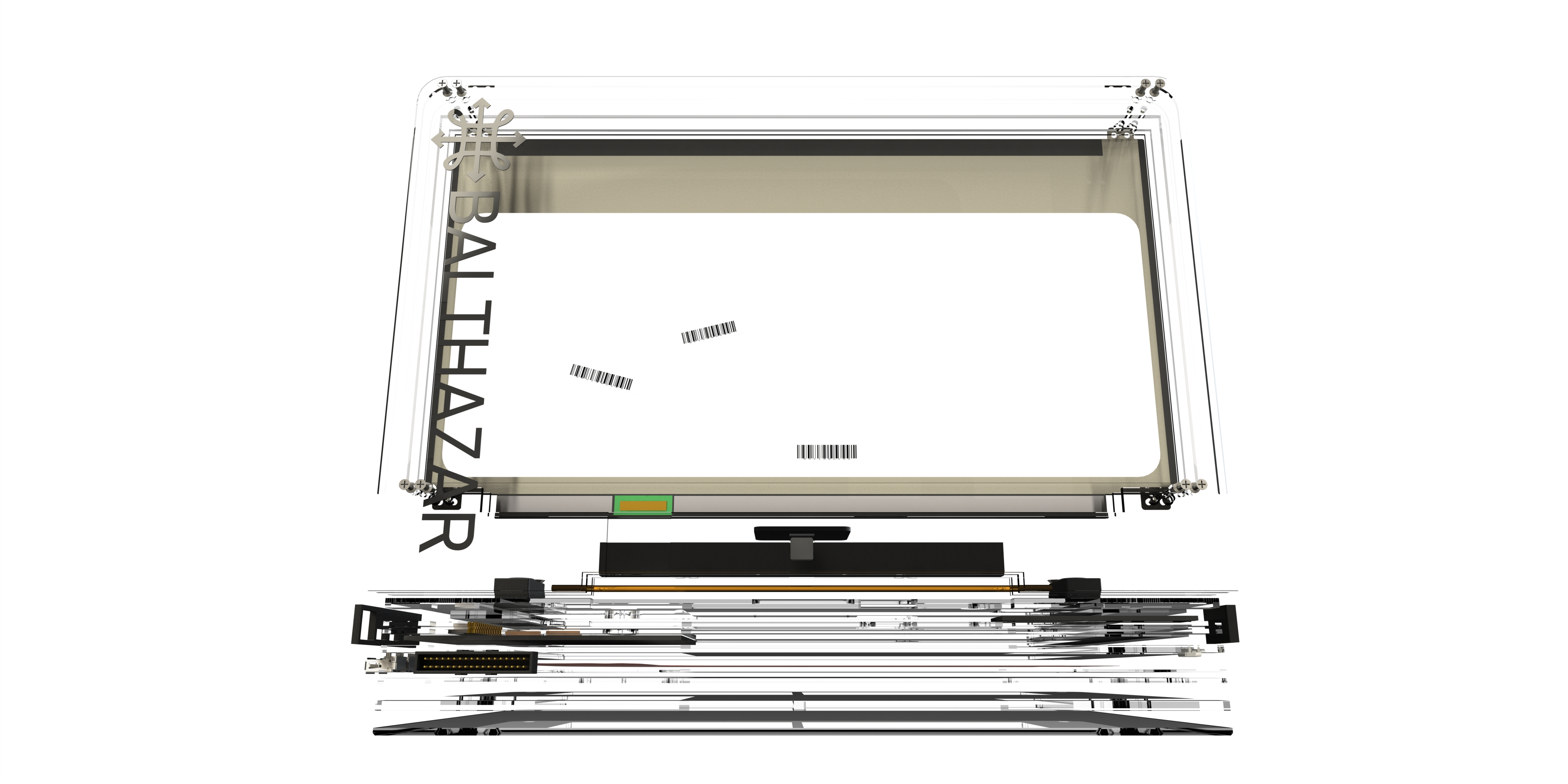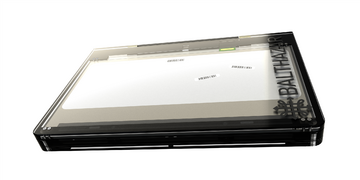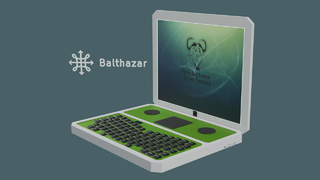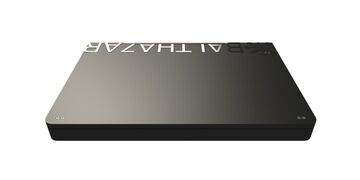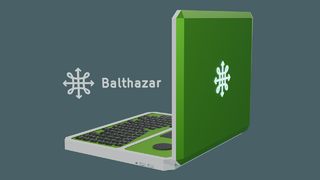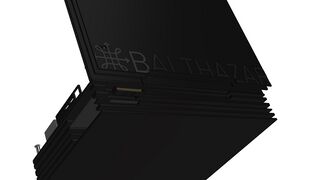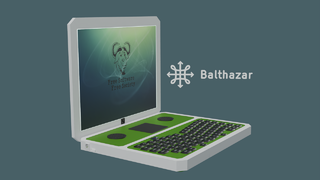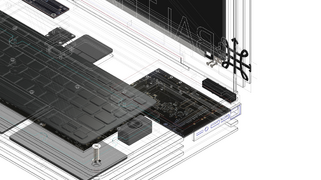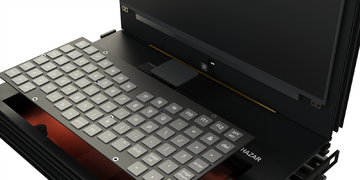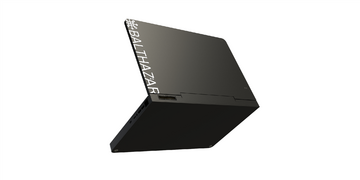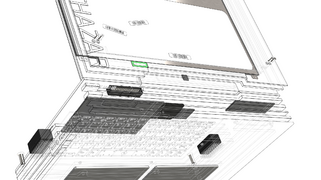Difference between revisions of "Balthazar"
| (2 intermediate revisions by the same user not shown) | |||
| Line 13: | Line 13: | ||
[[File:47B.png|center|prototype]] | [[File:47B.png|center|prototype]] | ||
<gallery mode=packed class=selectable> | <gallery mode=packed class=selectable> | ||
| + | File:51B.png | ||
File:P2.resized.png | File:P2.resized.png | ||
File:12.JPG | File:12.JPG | ||
| Line 19: | Line 20: | ||
File:P4.resized.png | File:P4.resized.png | ||
File:Resized14.png | File:Resized14.png | ||
| − | File: | + | File:40B.png |
File:18b.png | File:18b.png | ||
File:19t.png | File:19t.png | ||
| Line 25: | Line 26: | ||
| − | '''BPCD''' - '''B'''althazar '''P'''ersonal '''C'''omputing '''D'''evice is a '''13.3"''' upgradable and expandable laptop that is based on a few concepts inspired by '''[https://www.crowdsupply.com/eoma68/micro-desktop/updates/2-7-5-cards-under-way-nlnet-and-intel-compute-card EOMA68]''', but powered by [https://riscv.org/ RISC-V] processor(s) open architecture or FPGA boards running emulation as a Computing Module Standard boards and other Systems on a Module that run on '''[https://www.linux.org Linux OS]''' or all of those running together with added co-processing power such as FPGA Lattice Diamond - [https://radiona.org/ulx3s/ ULX3S]. | + | '''BPCD''' - '''B'''althazar '''P'''ersonal '''C'''omputing '''D'''evice is a '''13.3"''' upgradable and expandable laptop that is based on a few concepts inspired by '''[https://www.crowdsupply.com/eoma68/micro-desktop/updates/2-7-5-cards-under-way-nlnet-and-intel-compute-card EOMA68]''', but powered by [https://riscv.org/ RISC-V] processor(s) open architecture or FPGA boards running emulation as a Computing Module Standard boards and other Systems on a Module that run on '''[https://www.linux.org Linux OS]''' or all of those running together with added co-processing power such as FPGA Lattice Diamond - [https://radiona.org/ulx3s/ ULX3S] and the upcoming of the new ULX4 in a Compute Module form factor. |
It contains all the hardware and continuously developing software and firmware features preventing data-theft and any unwanted 3<small>rd</small> party intrusion into the system by default. It should run default low-level security layer software based on [https://gitlab.com/cryptsetup/cryptsetup/blob/master/README.md '''LUKS''' ], [https://libreswan.org/ '''Libreswan'''] and is also envisaged to be '''[http://GNUnet.org/en/about.html GNUnet]''' ready. Its keyboard should be also inter-swappable with known x2xx ThinkPad keyboard replacement via developed adapter and a frame. | It contains all the hardware and continuously developing software and firmware features preventing data-theft and any unwanted 3<small>rd</small> party intrusion into the system by default. It should run default low-level security layer software based on [https://gitlab.com/cryptsetup/cryptsetup/blob/master/README.md '''LUKS''' ], [https://libreswan.org/ '''Libreswan'''] and is also envisaged to be '''[http://GNUnet.org/en/about.html GNUnet]''' ready. Its keyboard should be also inter-swappable with known x2xx ThinkPad keyboard replacement via developed adapter and a frame. | ||
Latest revision as of 17:17, 20 November 2024

a Personal Computing Device
BPCD - Balthazar Personal Computing Device is a 13.3" upgradable and expandable laptop that is based on a few concepts inspired by EOMA68, but powered by RISC-V processor(s) open architecture or FPGA boards running emulation as a Computing Module Standard boards and other Systems on a Module that run on Linux OS or all of those running together with added co-processing power such as FPGA Lattice Diamond - ULX3S and the upcoming of the new ULX4 in a Compute Module form factor.
It contains all the hardware and continuously developing software and firmware features preventing data-theft and any unwanted 3rd party intrusion into the system by default. It should run default low-level security layer software based on LUKS , Libreswan and is also envisaged to be GNUnet ready. Its keyboard should be also inter-swappable with known x2xx ThinkPad keyboard replacement via developed adapter and a frame.
While being versatile and robust it also follows CERN OSHL, GNU-GPL, FOSS, ISA and even CC guidelines.
What is all that FOSS and CC and OS…? → Glossary
Want to know more?
